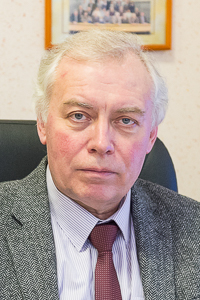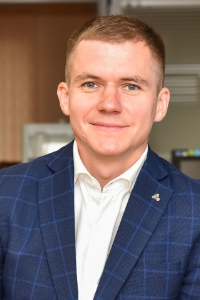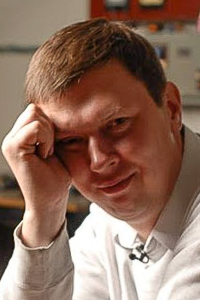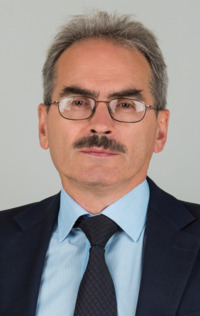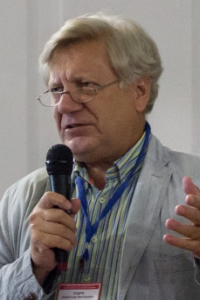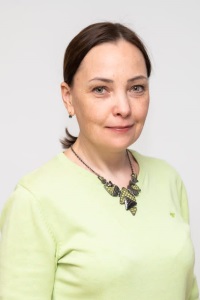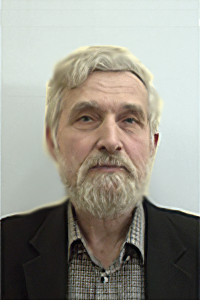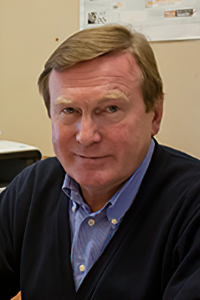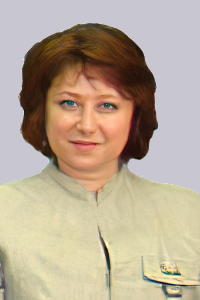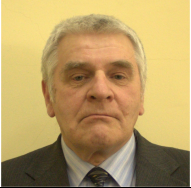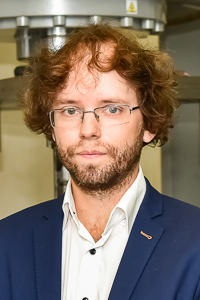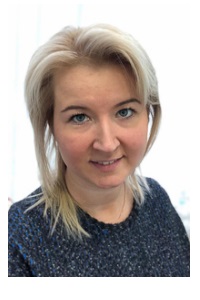Innovation Construction Materials
Students acquire the knowledge necessary to design new material structured based on metals and alloys with the required properties, high strength and destruction resistance in the first place. They learn how to develop technologies to obtain and use in innovation areas such as power industry, aircraft industry and space technologies, transport, medicine, etc. Special attention is given to future research and experimental competencies, IT technologies in materials science including Big Data, machine learning techniques, digital options in creation and control of properties, workability forecasting and guaranteed reliability of technology and equipment operation.
